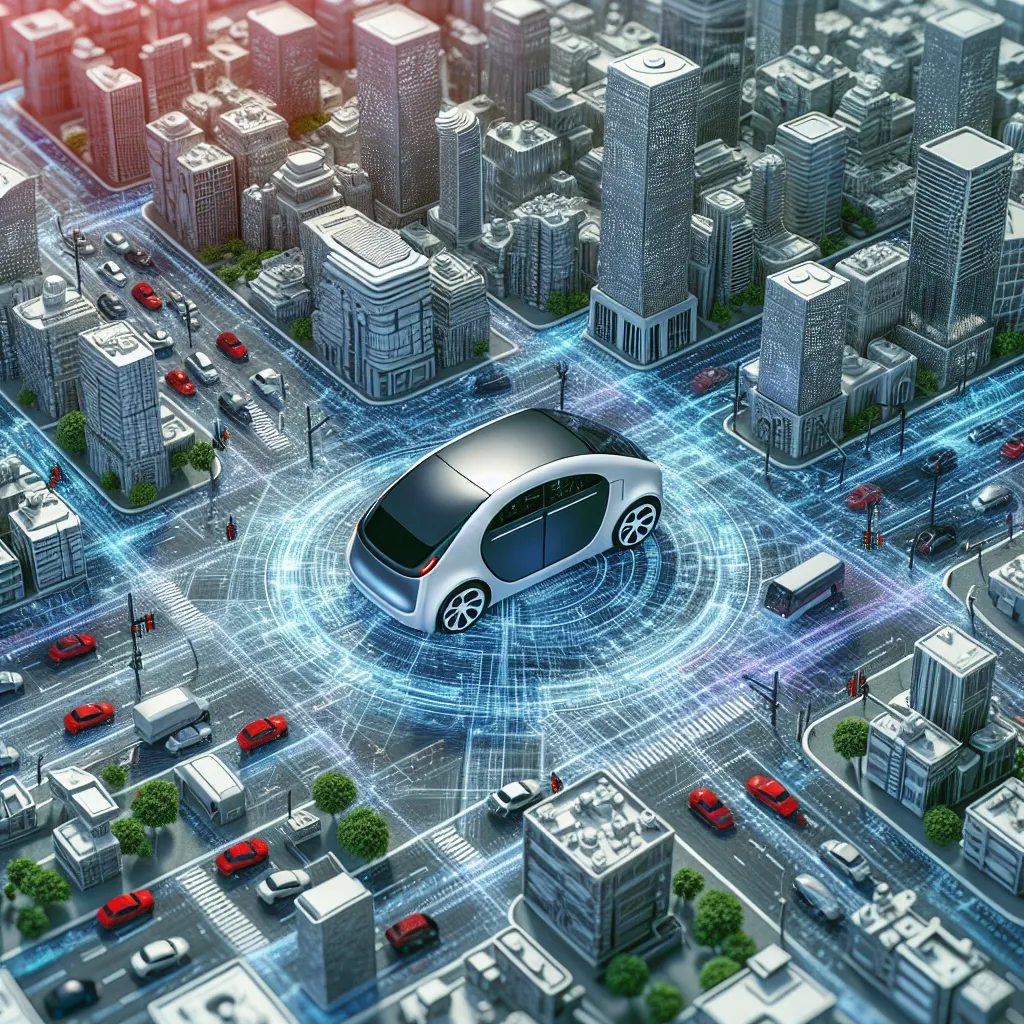The Future of Mobility: Self-Driving Cars Take the Wheel
Self-driving cars, also known as autonomous vehicles, are revolutionizing the way we think about transportation. The future of mobility is being shaped by the rapid advancements in self-driving car technology. These vehicles have the potential to transform the way we move from one place to another, making transportation safer, more efficient, and convenient. As self-driving cars take the wheel, they are set to significantly impact various aspects of our daily lives.
One of the key advantages of self-driving cars is their potential to reduce traffic accidents. With advanced sensors, cameras, and artificial intelligence, these vehicles can navigate roads and respond to potential hazards with great precision. This technology has the potential to minimize human errors, which are a leading cause of traffic accidents. As a result, the future of mobility can be much safer, with the potential to save countless lives and reduce injuries.
Furthermore, self-driving cars hold the promise of improving accessibility for individuals with limited mobility. Elderly individuals and people with disabilities may gain greater independence and freedom to travel independently. Moreover, self-driving cars could potentially reduce the need for personal vehicle ownership, leading to fewer cars on the road, reduced congestion, and minimized environmental impact. This shift towards a more efficient and sustainable transportation model is a significant step towards shaping the future of mobility.
In conclusion, self-driving cars represent a revolutionary advancement in transportation technology. As these vehicles take the wheel, they have the potential to enhance safety, accessibility, and sustainability in our transportation systems. The future of mobility is being reshaped by the advent of self-driving cars, and the impact of this transformation will be felt across various aspects of society.
Revolutionizing Transportation: The Impact of Autonomous Vehicles
Self-driving cars, also known as autonomous vehicles, are revolutionizing transportation in unprecedented ways. The impact of autonomous vehicles on transportation is multifaceted, with implications for safety, convenience, efficiency, and environmental sustainability. These revolutionary vehicles have the potential to significantly reduce traffic accidents, as they are equipped with advanced sensors and technologies that enable them to detect and respond to potential hazards more effectively than human drivers. This enhanced safety aspect has the potential to revolutionize transportation by making roads significantly safer for all users.
Furthermore, self-driving cars have the capacity to revolutionize transportation by providing enhanced convenience. With autonomous vehicles, individuals will be able to reclaim time that would otherwise be spent on driving, transforming commuting into a productive or leisurely activity. This has the potential to reshape urban landscapes by reducing the need for extensive parking infrastructure and making urban spaces more livable and pedestrian-friendly.
In addition to safety and convenience, the impact of autonomous vehicles on transportation includes significant efficiency gains. Self-driving cars have the potential to optimize traffic flow, reduce congestion, and minimize fuel consumption through smoother acceleration and deceleration patterns. These efficiency improvements could revolutionize transportation by reducing travel times and fuel costs, ultimately making transportation more affordable and sustainable.
Overall, the emergence of self-driving cars marks a significant revolution in transportation, with far-reaching implications for safety, convenience, efficiency, and sustainability. As these technologies continue to advance and become more widespread, the transportation landscape is poised to be transformed in ways that were previously unimaginable.
Navigating the Roads of Tomorrow: The Rise of Self-Driving Cars
Self-driving cars are set to revolutionize transportation in the coming years, offering a glimpse into the future of mobility. One of the key aspects of this revolution is the ability of these vehicles to navigate the roads of tomorrow autonomously. With advanced sensors, cameras, radar, and lidar technology, self-driving cars can perceive their environment and make real-time decisions to navigate safely.
These autonomous vehicles use highly detailed maps and GPS data to determine their exact location and plot the most efficient route to their destination. Their ability to communicate with each other and with surrounding infrastructure also adds another layer of sophistication to their navigation capabilities, allowing them to anticipate traffic patterns and road conditions.
The rise of self-driving cars is poised to bring about a significant shift in how we move from one place to another. With the promise of increased safety, reduced congestion, and improved transportation efficiency, the widespread adoption of autonomous vehicles stands to reshape the way we think about travel and the infrastructure that supports it.
As self-driving technology continues to evolve, the potential for seamless and reliable navigation of the roads of tomorrow becomes increasingly within reach. With ongoing advancements in artificial intelligence and machine learning, these vehicles are constantly improving their ability to understand and respond to the complexities of the modern road network.
In conclusion, the rise of self-driving cars is not only transforming transportation but also paving the way for a new era of mobility. The navigation capabilities of these vehicles are a testament to the progress being made in the field of autonomous driving, holding the promise of safer, more efficient, and ultimately more enjoyable travel experiences for people around the world.

